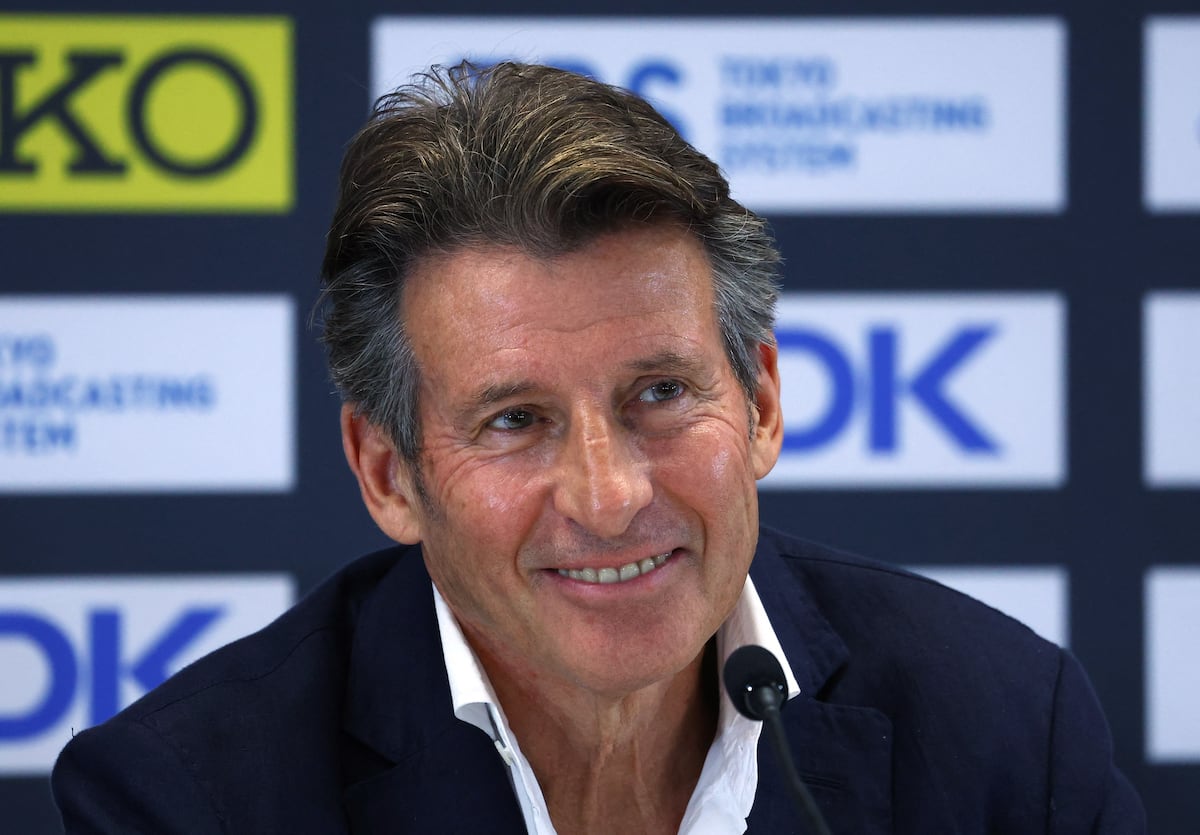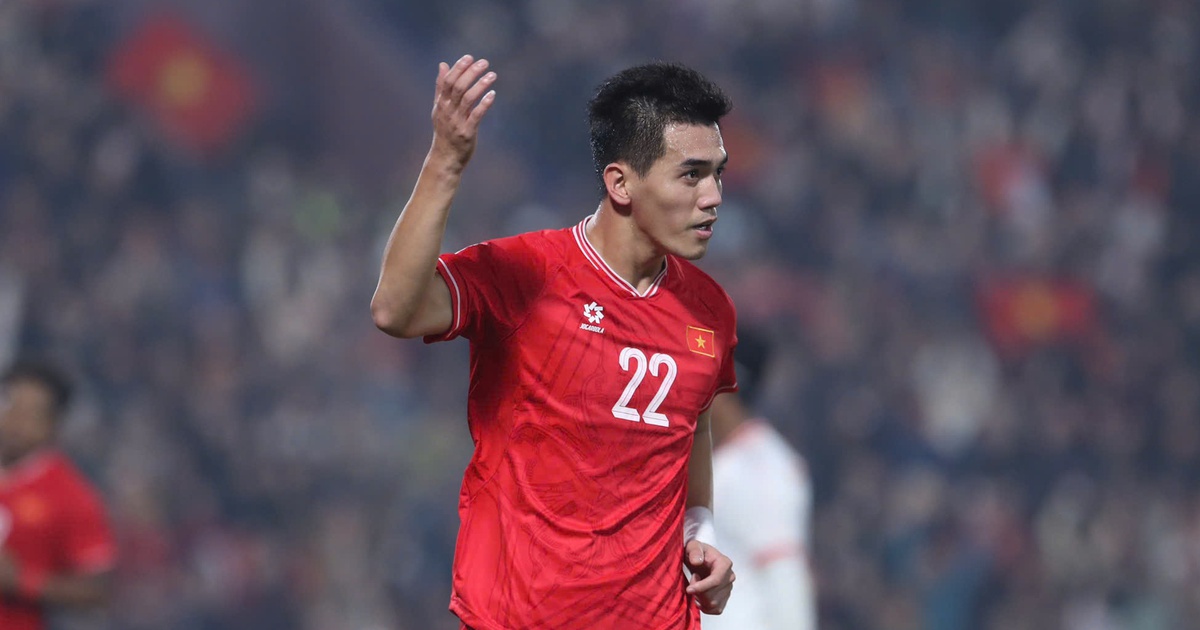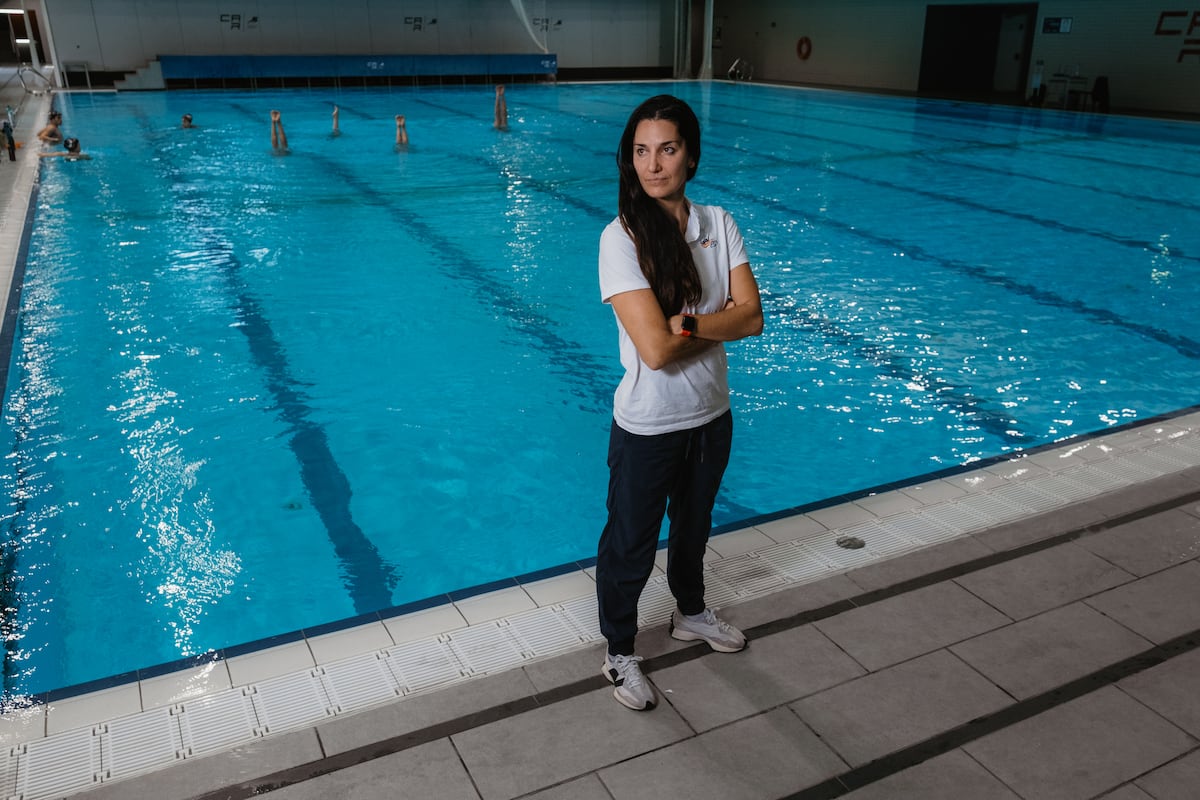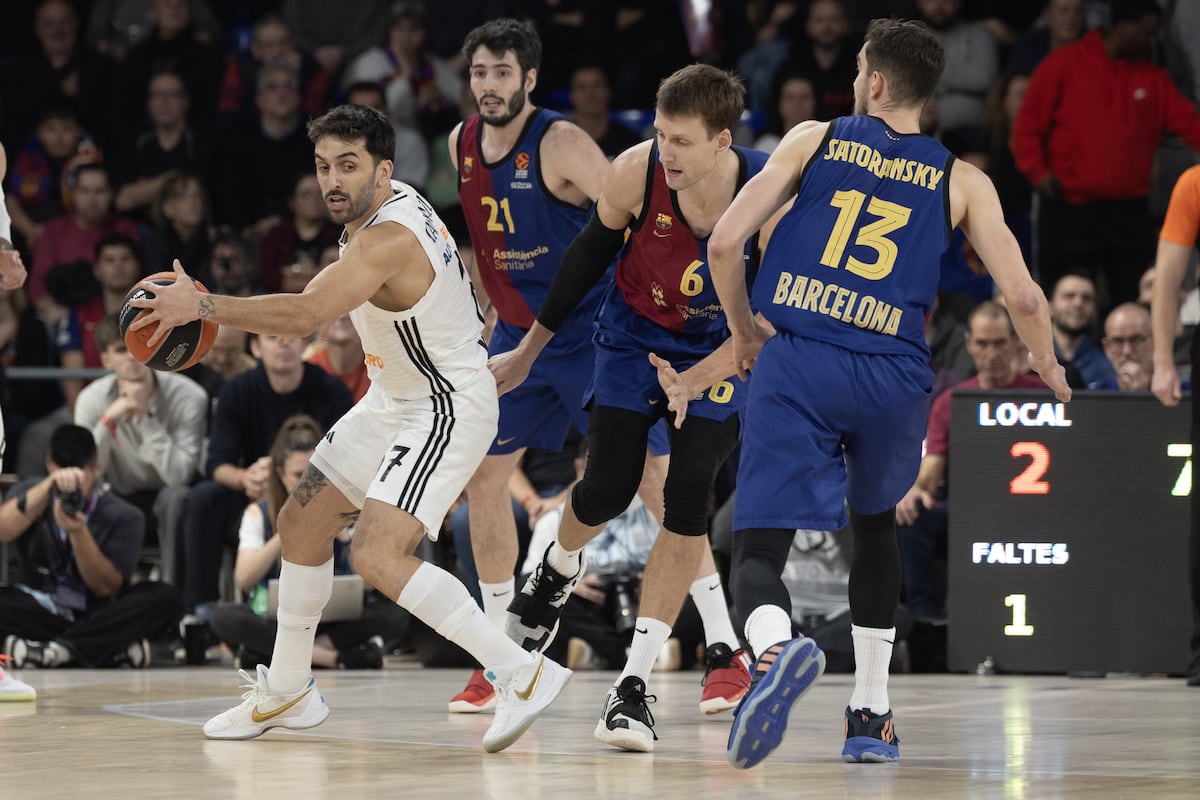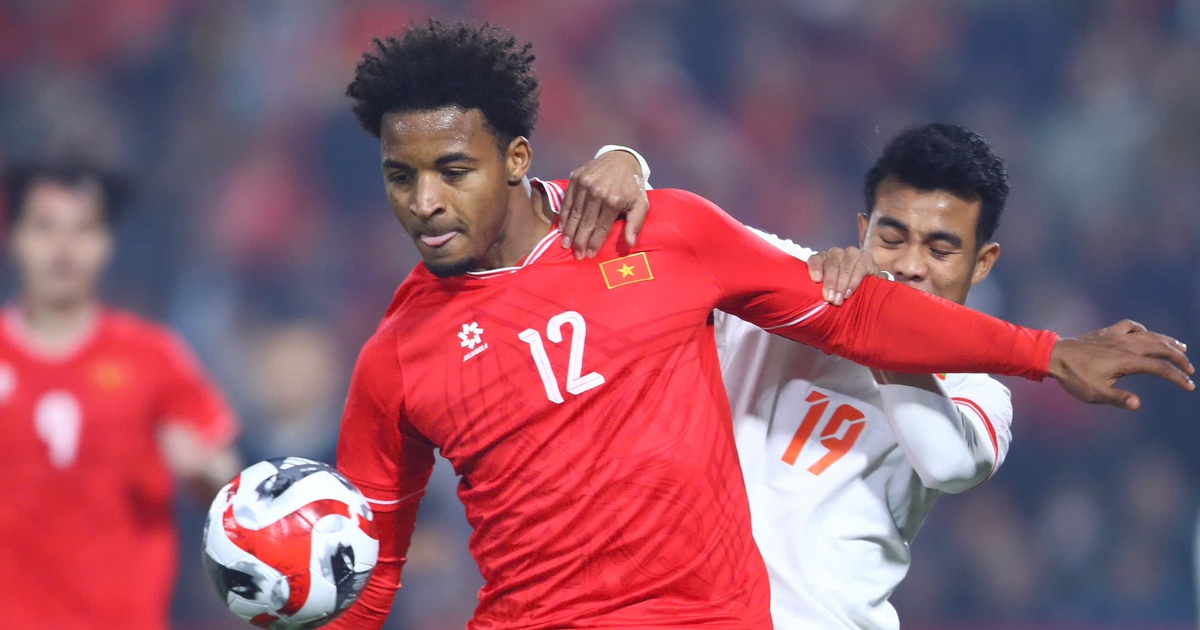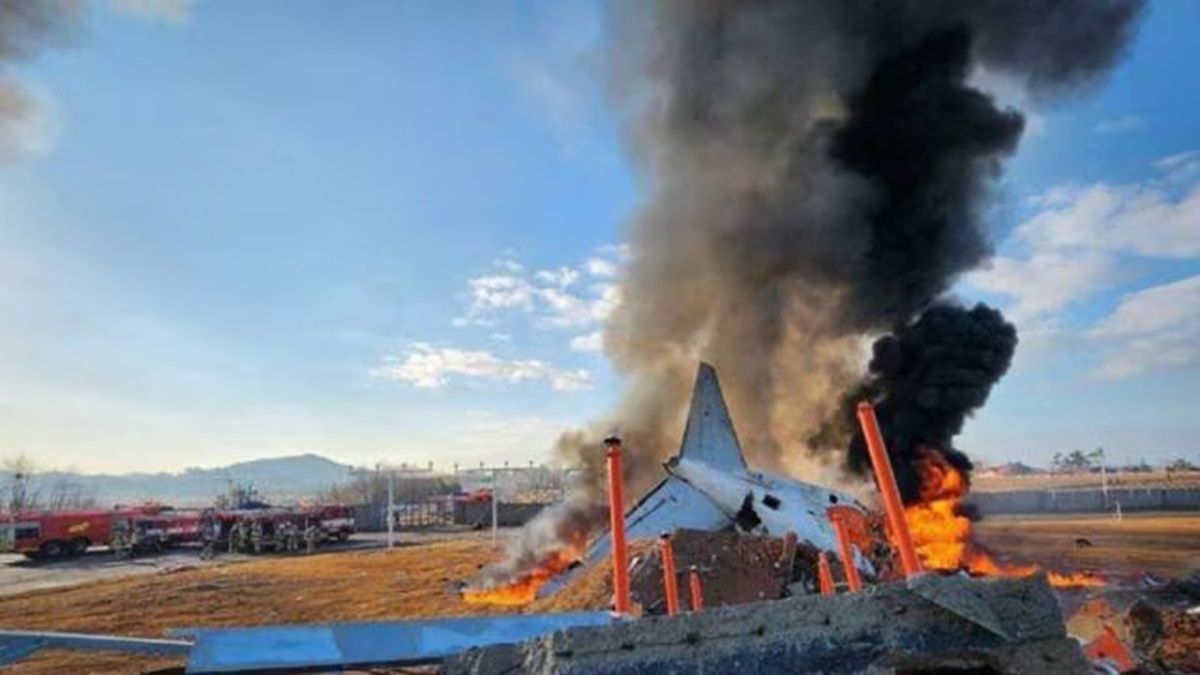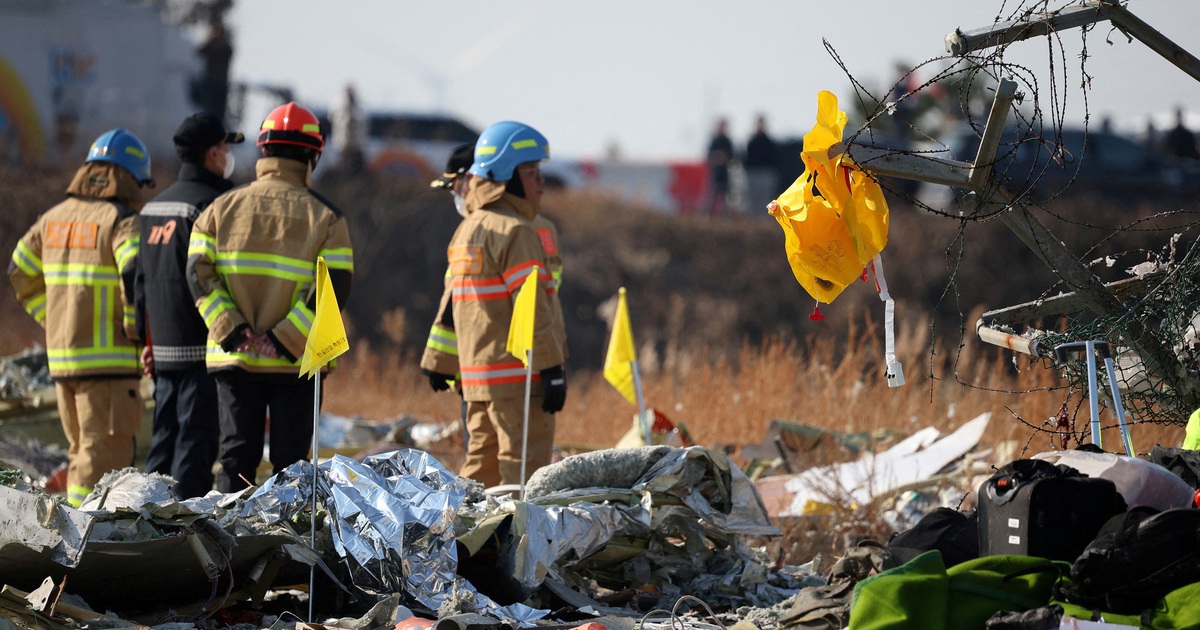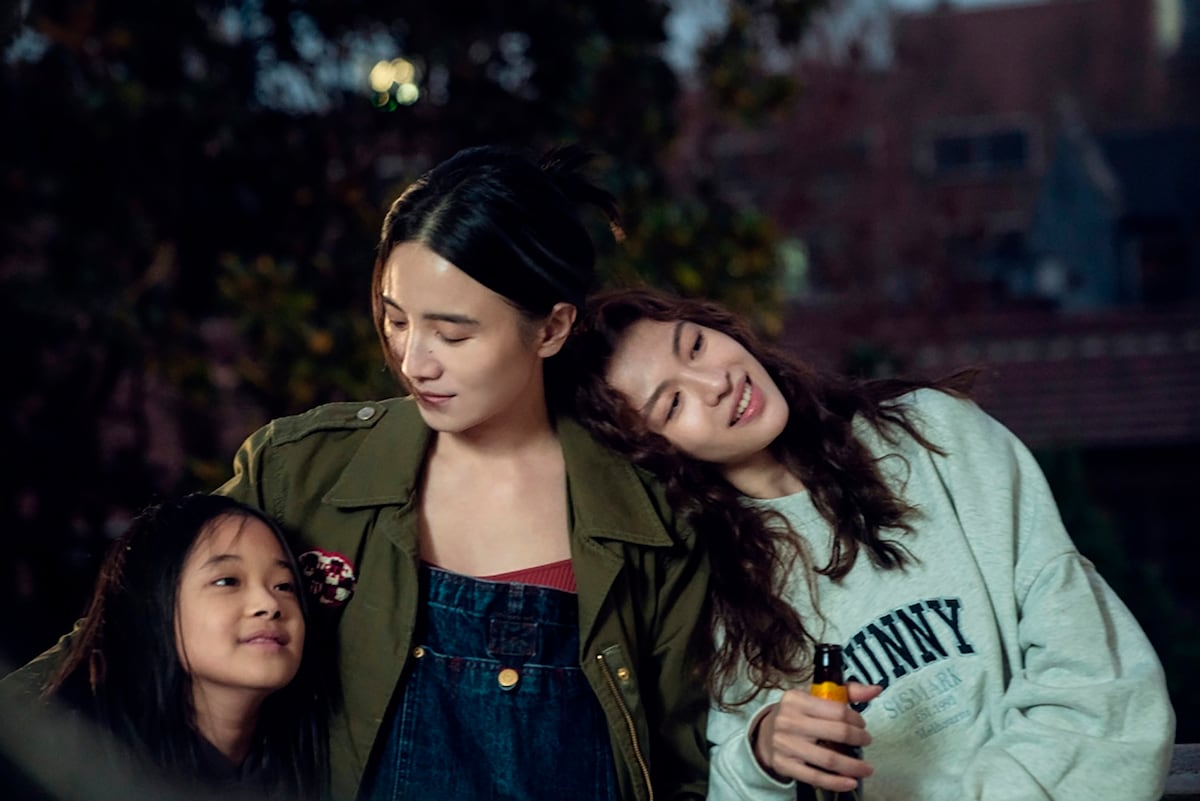The IOC will elect a new president next March, in a session in Greece that will last from the 18th to the 21st. It will be the tenth since 1894, which reveals great stability in the mandates. More so if one takes into account that in practice there have only been eight, since the first, the Greek Demetrios Vikelas, was placed by Pierre de Coubertin with a view to Athens 1896, the first Games, reserving for himself the role of general secretary. After those inaugural Games, Coubertin took over the presidency for 29 years (1896-1925). He was succeeded by Henri de Baillet Latour (1925-42), Sigfrid Edstroem (1942-52), Avery Brundage (1952-1972), Lord Killanin (1972-1980), Juan Antonio Samaranch (1980-2001), Jacques Rogge (2001- 2013) and Thomas Bach (2013-2025).
In mid-September, the admission of candidatures was closed, with seven applicants. Four preside over an international federation: Sebastian Coe (English, 67 years old), athletics; David Lappartient (French, 51), cycling; Morinori Watanabe (Japanese, 65), gymnastics; and Johan Eliasch (Swedish, but IOC member for Great Britain, 62), skiing and snowboarding. The others are: Kristy Coventry (Zimbabwean, 41), her country’s sports minister and winner of seven Olympic medals in swimming; Feisal al Hussein (Jordanian, 60), member of the IOC since 2010, and belonging to its executive; and Juan Antonio Samaranch Salisachs, son of Juan Antonio Samaranch Torelló, who was president of the organization for 21 years. Samaranch Salisachs (64 years old) has been a member of the IOC since 2001, is vice president of the organization, chaired the Beijing 2022 coordination committee and chairs the board of directors of Olympic Channel Services.
From their official nomination, they are only authorized to make public a candidacy document, promote themselves on their social networks and grant interviews. They will not be able to pay for advertising or call rallies or participate in debates or refer to other candidates or offer gifts. And they must communicate all their trips.
Our attention turns to the possibilities of Samaranch, whose father was the best of all Coubertin’s successors. He inherited an IOC overwhelmed by boycotts, undecided in the China-Taiwan dispute, bogged down in the professionalism debate and with difficulties in finding candidate cities, due to his reputation for leaving them ruined. He returned an Olympic movement stronger than he ever was. Some support is required, of course, but his good work in the IOC throughout this century must be more important.
At first, Sebastian Coe sounds like a resounding favorite, a complete portrait for the position. Olympic hero in athletics, savior along with his compatriot and antagonist Steve Ovett of Moscow 1980, where they went against the criteria of Margaret Thatcher herself; and later, president of the London 2012 organizing committee and president of the athletics federation. World celebrity, man of exquisite treatment, I still retain the winning speech with which he won the 2012 Games for London, at the IOC session in Singapore, with Madrid as one of the defeated, along with Paris, Moscow and New York. A hymn to sport that left us ecstatic, something like Chariots of Fire converted into speech.
But he is not a man who likes his equals, perhaps because he does not treat them as such. In the delicate issues with Russia he made his own decisions, regardless of what the other federations thought. And worse was that the day after a meeting of the Olympic federations he announced that he would pay the athletes for the medals, something he had not commented on. It left the rest in a bad place in front of their own athletes.
The IOC is made up of 111 members, of which 15 are presidents of the international federation and 15 presidents of the Olympic committee. For Sebastian Coe it will be difficult to raise votes among those 30. Fishing in a diminished fishing ground. But he’s still Coe.
Apart from him and Samaranch, there is the figure of Kirsty Coventry, for whom Bach campaigns strongly internally, and we must not forget that many of the voters have come to the IOC with him and for him. Apart from being a former swimming champion with a presence in five Games (2000-2016) and two golds, four silvers and a bronze (2004-2008), she is the minister of sports in her country (the only white person in the cabinet), and presided with The athletes commission was right. Bach maintains that it is time for the IOC to be presided over by a woman and also for the position to leave Europe. All the presidents have been European except Avery Brundage, an American, which in this case amounts to the same thing. Among the 111 IOC members there are 54 non-Europeans, 17 of them African. There are 47 women.
The dynamics of the voting are like those of the host cities: in each round the last one is eliminated. The compatriots of any of the candidates (for example, the two Spanish members, Pau Gasol and Marisol Casado) must abstain until they are eliminated. In principle, it is assumed that Samaranch has the highest voting floor, but the question is not so much the starting point but rather where the votes of the successive eliminated people will end up.

